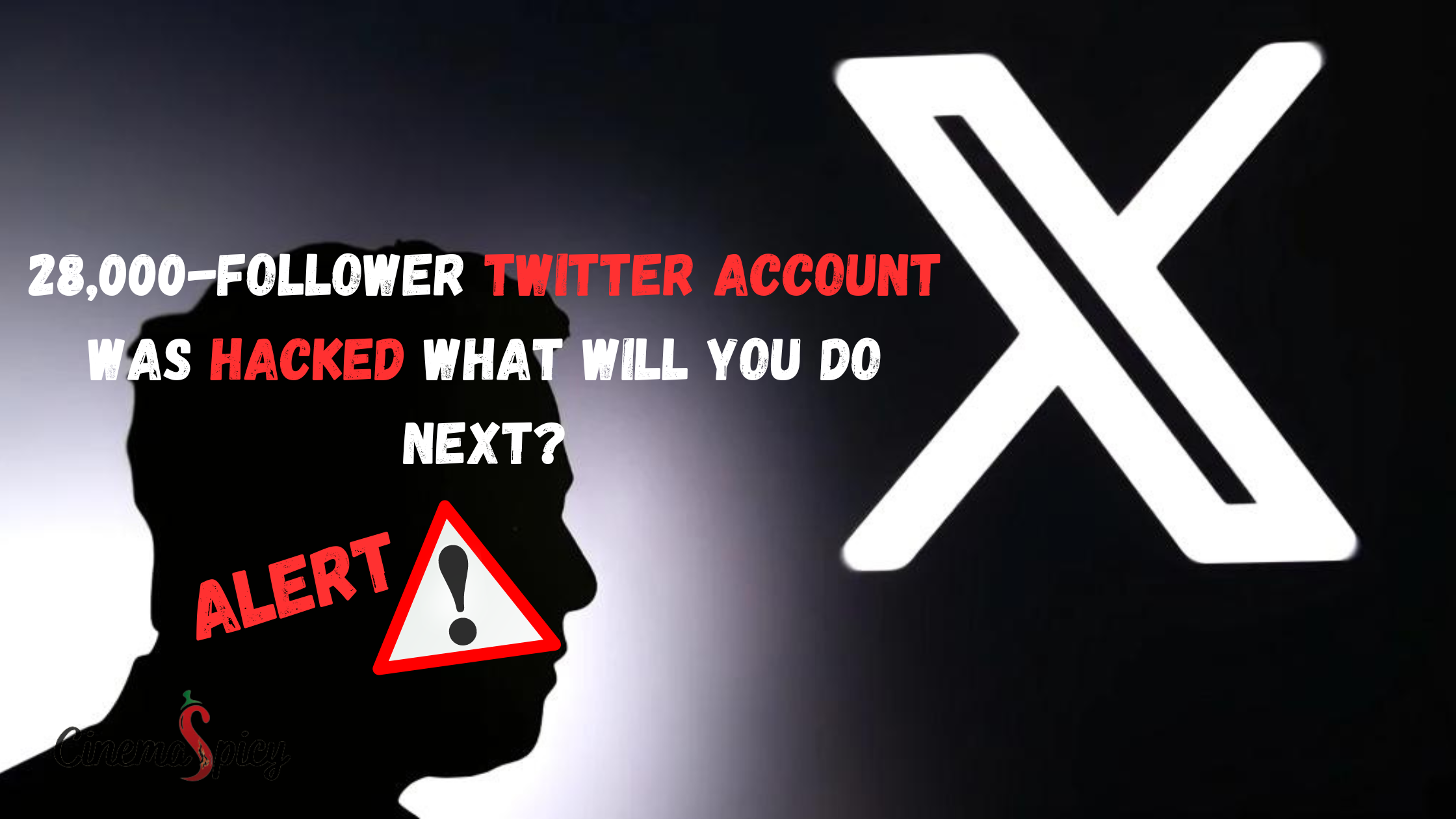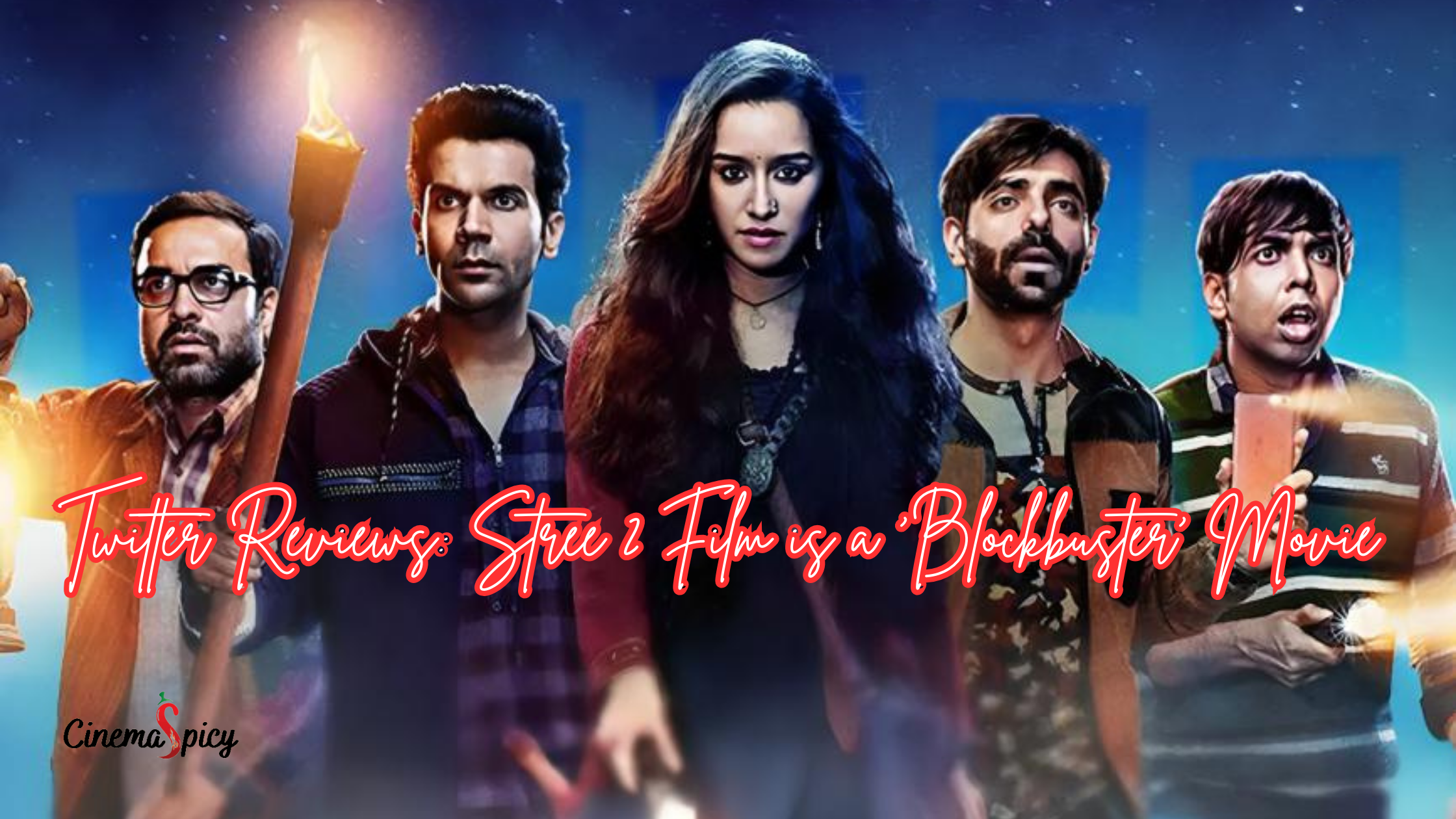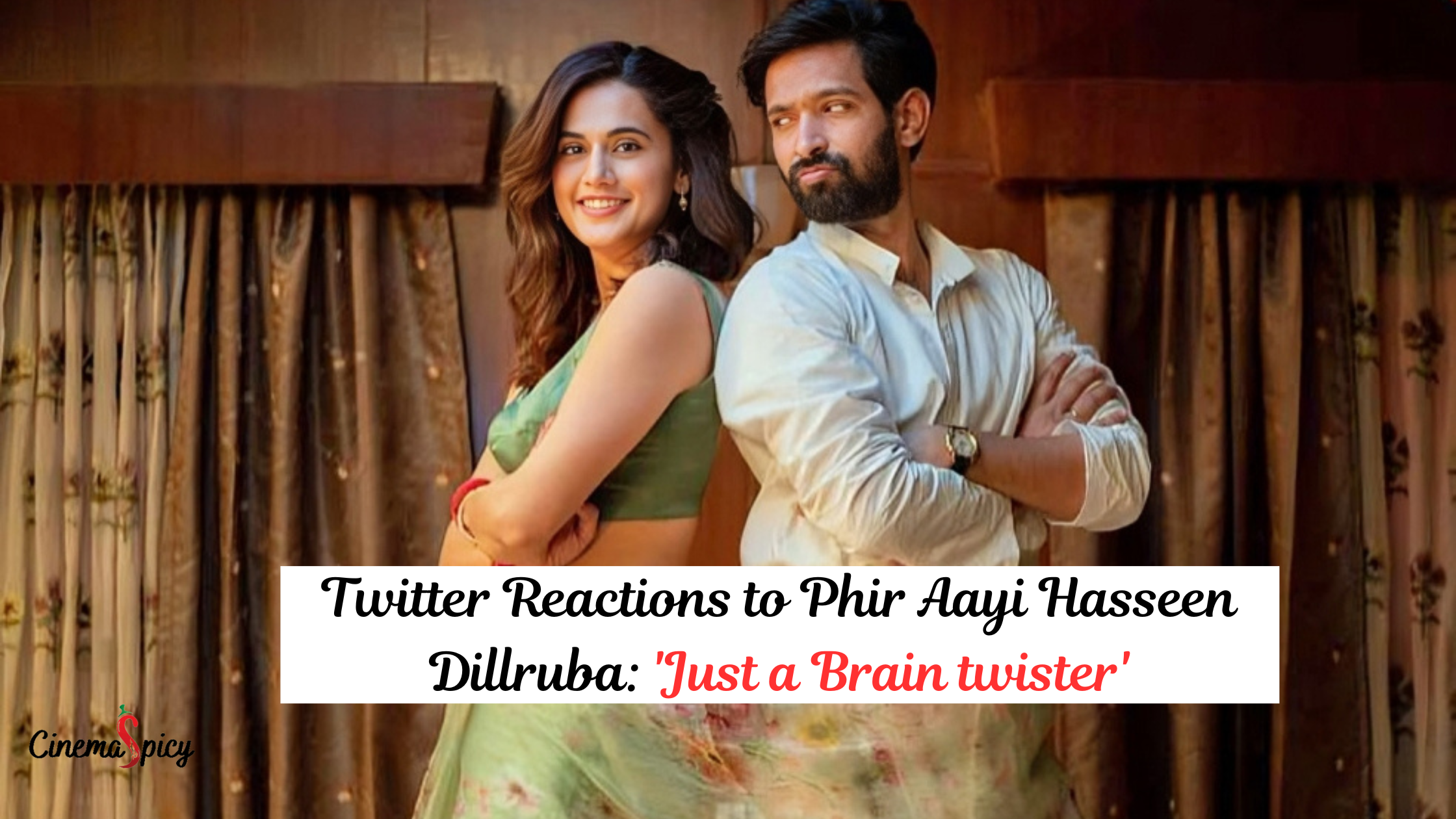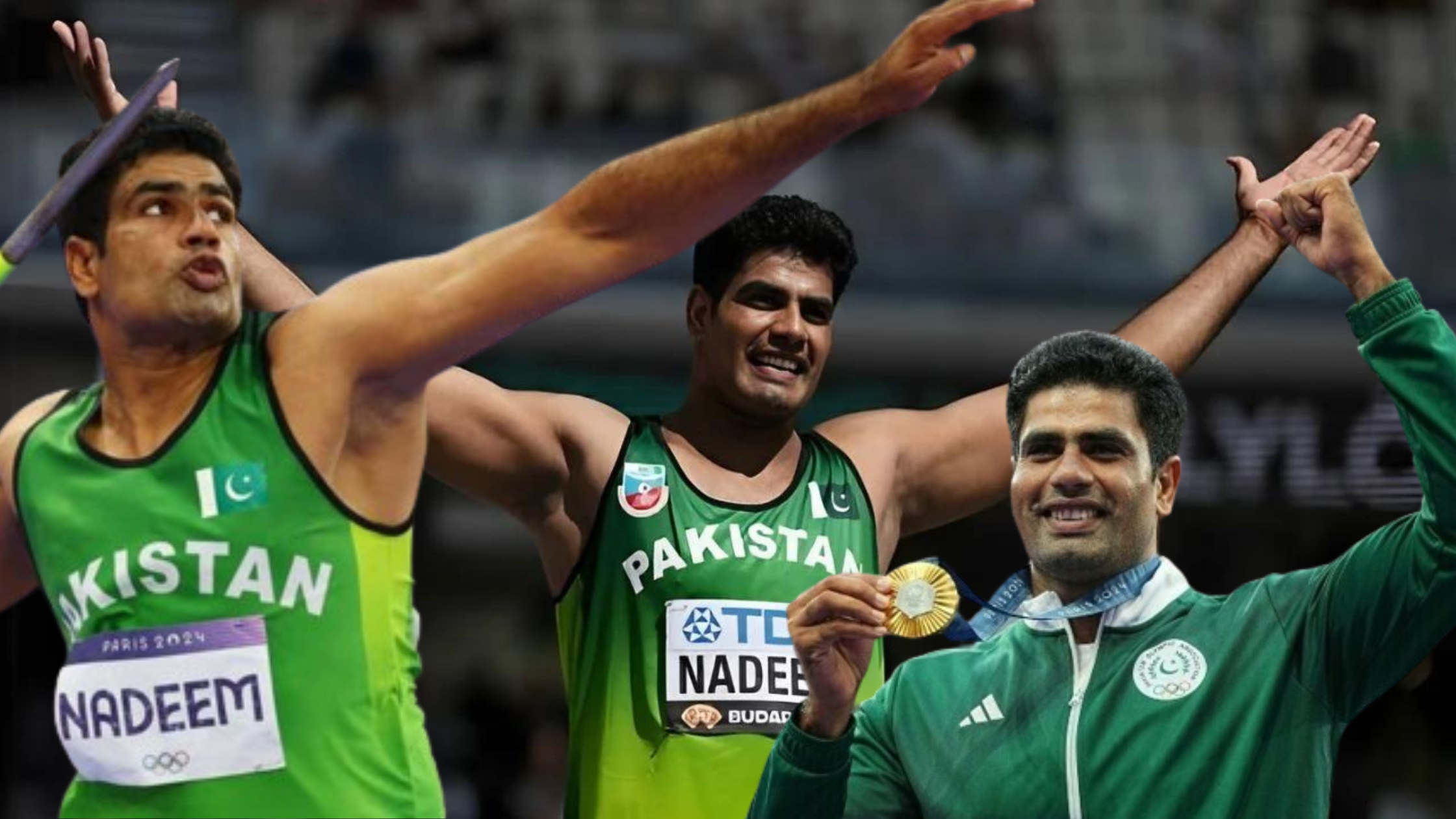28,000-follower Twitter account hacked what will you do next I had spent nearly 15 years building a following on the platform. Losing it ended up being a huge relief. I still remember the moment I realized I had lost access to my Twitter account. One morning in March last year, I woke up to an email received in the middle of the night, informing me that my Twitter password had been changed. I had just returned from my bachelor party, which included a long weekend of heavy drinking and cross-country flights. No longer as energetic as I was in my 20s, I was on my second (or third?) day of recovery at home in Los Angeles. I recall being somewhat delirious as I unsuccessfully tried to log back into my account. I had two-factor authentication enabled; had I accidentally approved a login request in my post-party haze? Did I even recall getting a notification before the password change?More importantly: Was this really happening to me?
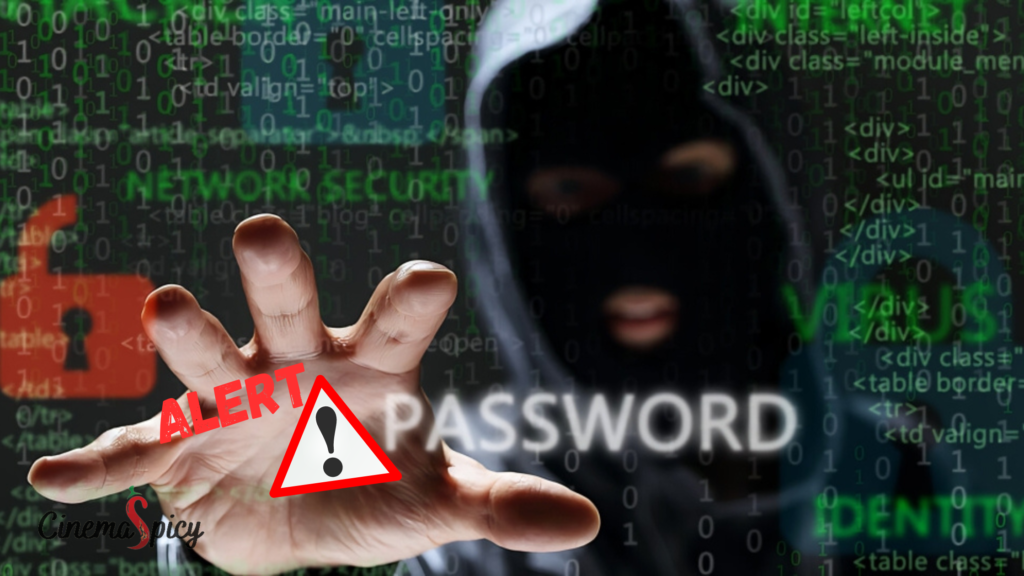
A;so Read : 13 Tweets to read before watching Movie Bad Newz
I created my Twitter account over 15 years ago, on July 4th, 2009. Fresh out of college and facing the post-2008 financial crisis, I was in Washington, D.C., frantically searching for a journalism job. This was during the early days of social media’s influence on America’s news industry, when Twitter was known for delivering real-time news, like Sully Sullenberger’s “Miracle on the Hudson” emergency landing. At the time, I had no clue that Twitter would soon become a crucial tool for journalists.
diets; what I did know was that jobs like “social media manager” kept cropping up on job boards and newsletters (and in my friends’ LinkedIn bios, for some reason!) and most of those jobs seemed to involve posting to Twitter.
Also Read : Top 10 Digital Marketing Trends for 2024
I quickly developed a talent for curating content for social media, which helped me secure a position as The Atlantic’s first social media editor. This role significantly strengthened my résumé during a period when newsrooms were beginning to benefit from digital audience growth on emerging social media platforms. Throughout the 2010s, before Facebook shifted away from hard news and toward video content, and long before Elon Musk rebranded Twitter as X, breaking news was paramount. Most of my subsequent roles in newsrooms involved rapidly disseminating new content across social media to achieve high-traffic virality. With the decline in traffic to media outlets from social media in the early 2020s, the role of social media editor has evolved. However, at that time, it primarily involved constant monitoring of Twitter. Even now, thinking about auxiliary dashboard tools like Tweetdeck gives me a headache.
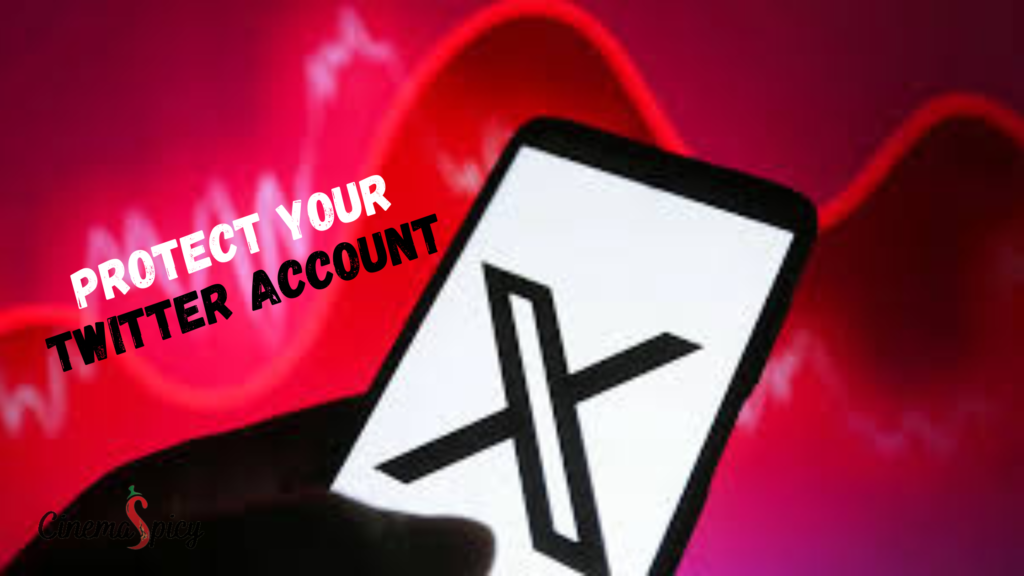
My first decade on Twitter was a mixed experience. By the time I lost access to my account, I had amassed over 28,000 followers. This audience brought me numerous job opportunities and professional connections, but I also lost them just as quickly, often due to ill-considered tweets. I made many friends and even a few romantic connections through the platform (believe it or not, viral tweets about dogs in pants have a certain appeal in the dating world), but I also encountered many critics. Over time, my activity on Twitter shifted towards self-promotion: sharing my new work, gathering story ideas, and occasionally partaking in the popular pastime of mocking others. Mostly, though, Twitter occupied the idle moments between other activities, creating a constant stream of information that blurred the lines between my professional and personal life. Despite the various issues I faced on the platform, I continued to use it.
The morning I discovered I was locked out of my account brought an unexpected sense of relief. I wasn’t particularly concerned about my direct messages, and no one has tweeted from my account since it was hacked (the only action taken was unfollowing everyone I had followed in the past decade, which was fine). However, this feeling of relief was also somewhat unsettling. I had spent nearly 15 years cultivating a relatively loyal audience, a significant source of influence in the media, and suddenly found myself disconnected from it in an instant. Why wasn’t I more upset? The answer is straightforward: social media is designed to make you post constantly—and being a chronic poster is exhausting.
It’s no secret that social media has always been a platform for us to pour ourselves into: after all, user-generated content is what powers social networks. Over a decade ago, I noted that the design of social networks can be aptly described by Leonardo DiCaprio’s famous line from Christopher Nolan’s 2010 film Inception: “You create the world of the dream. “We immerse the subject in that dream and infuse it with their subconscious.” Facebook and Twitter have consistently served as the “world of the dream,” providing the framework for digital expression. designed to encourage users to share as much of themselves as possible. This user-generated content, along with your attention, is what makes social networks profitable businesses. However, it also turns every user into an oversharer, not just a “content creator.


